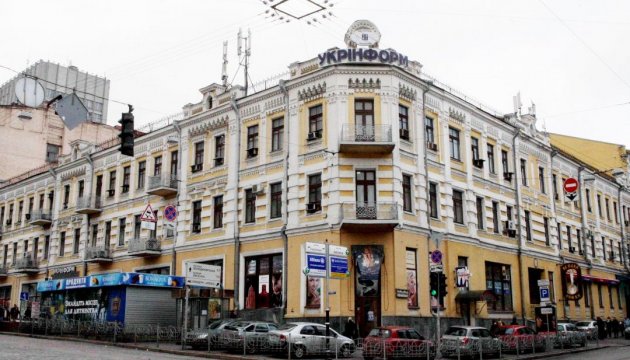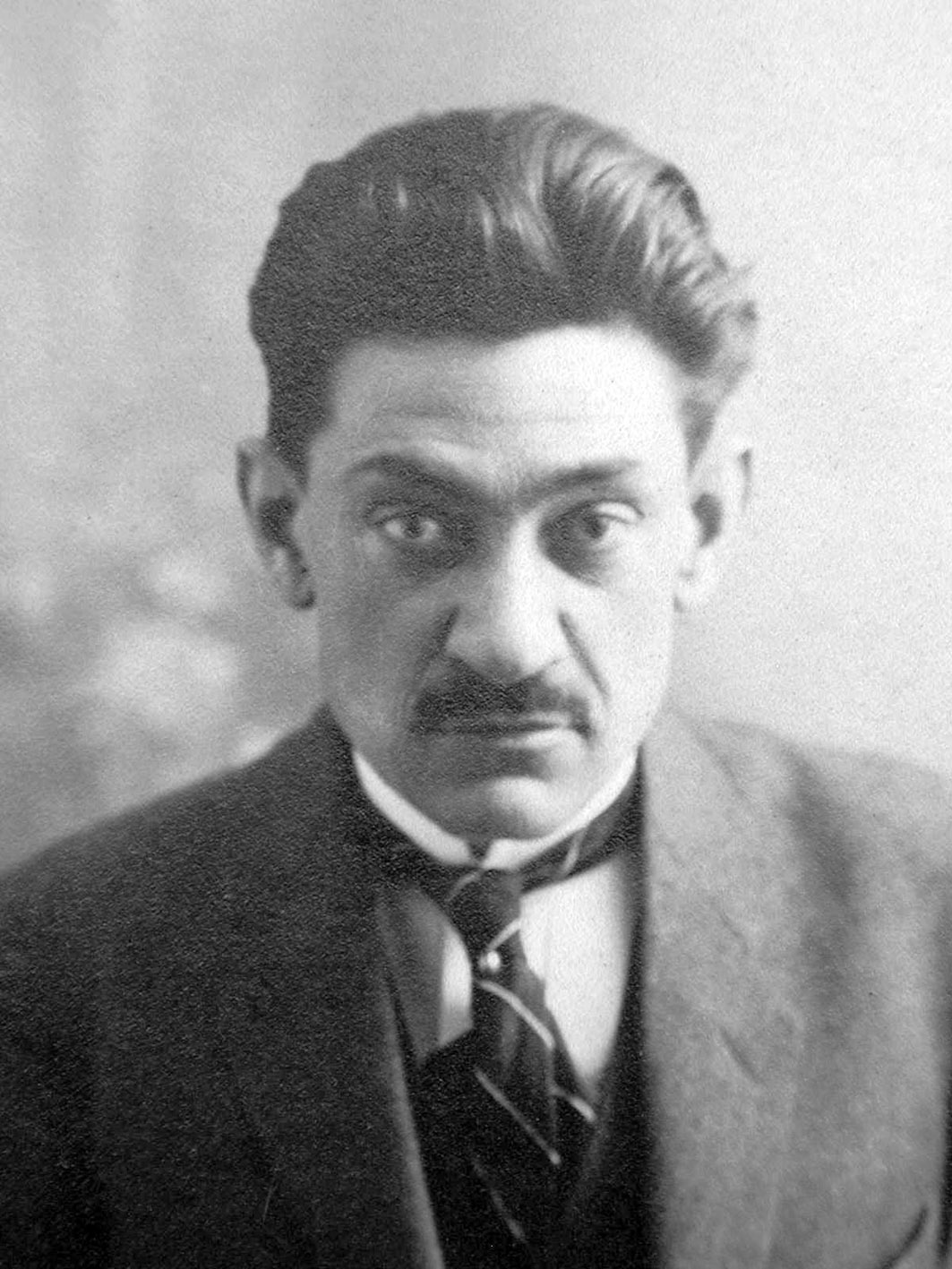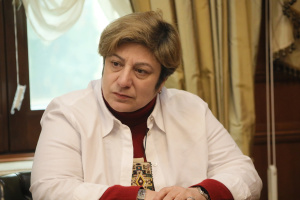
Ukrinform marks 100th anniversary of its foundation
After the formation of the Ukrainian State headed by Hetman Skoropadsky in Kyiv, the Ukrainian Telegraph Agency (UTA) began to function. The first one who headed the agency was Ukrainian literary critic, journalist, philosopher and politician Dmytro Dontsov. He simultaneously headed the Press Bureau. UTA published its reports in the Bulletin of the Ukrainian Telegraph Agency and the Telegrams of the Ukrainian Telegraph Agency.

Since then, the agency has changed a lot of names: UTA, the Bureau of Ukrainian Press, the All-Ukrainian Bureau of the Russian Telegraph Agency, the Radio-Telegraph Agency of Ukraine (RATAU). This is still far from a complete list of names in the history of the agency, which had worked under the Bolsheviks, the Hetmanate, and the Ukrainian People's Republic. Together with Ukraine, Ukrinform went through all cataclysms of the 20th century of the Soviet era - repression, Holodomor, World War II, Brezhnev's stagnation, pererostroika, and the collapse of the Soviet Union. Then there was independence of Ukraine and the difficult formation of the state.

The founders of the information sphere in Ukraine, the first Ukrinform employees, included many well-known public figures and cultural representatives, among them poet, translator and publicist Pavlo Tychyna, prose writer and playwright Yuriy Olesha, writer Ivan Le, writer and public figure Serhiy Pylypenko, as well as dozens of other writers, poets, and politicians.
Stalinist repressions affected the agency, many of its employees. The first leaders of RATAU, Volodymyr Narbut and Ivan Lakyza, as well as dozens of other employees who showed their adherence to principles and had their own opinion, died in Gulag prisons.
The agency had the name of RATAU for almost 70 years. After the proclamation of Ukraine's independence, the news agency received its modern name "Ukrinform" and gained national status.
Now Ukrinform is a leading news agency in Ukraine, which cooperates with many foreign news agencies on the basis of bilateral agreements. Ukrinform is the only news agency representing Ukraine in the European Alliance of News Agencies, as well as the founder and member of the Black Sea Association of National News Agencies (BSANNA).
Ukrinform now has the largest network of regional and foreign news bureaus among Ukrainian media outlets. The agency's foreign correspondents promptly inform the public about events from Australia, Belgium, Canada, Moldova, Germany, Poland, the United States, France, and the Baltic States.
Ukrinform currently issues reports in seven languages - Ukrainian, Russian, English, Spanish, German, French, and Chinese.
Ukrinform has an average daily audience of over 100,000 readers in Ukraine and abroad.




